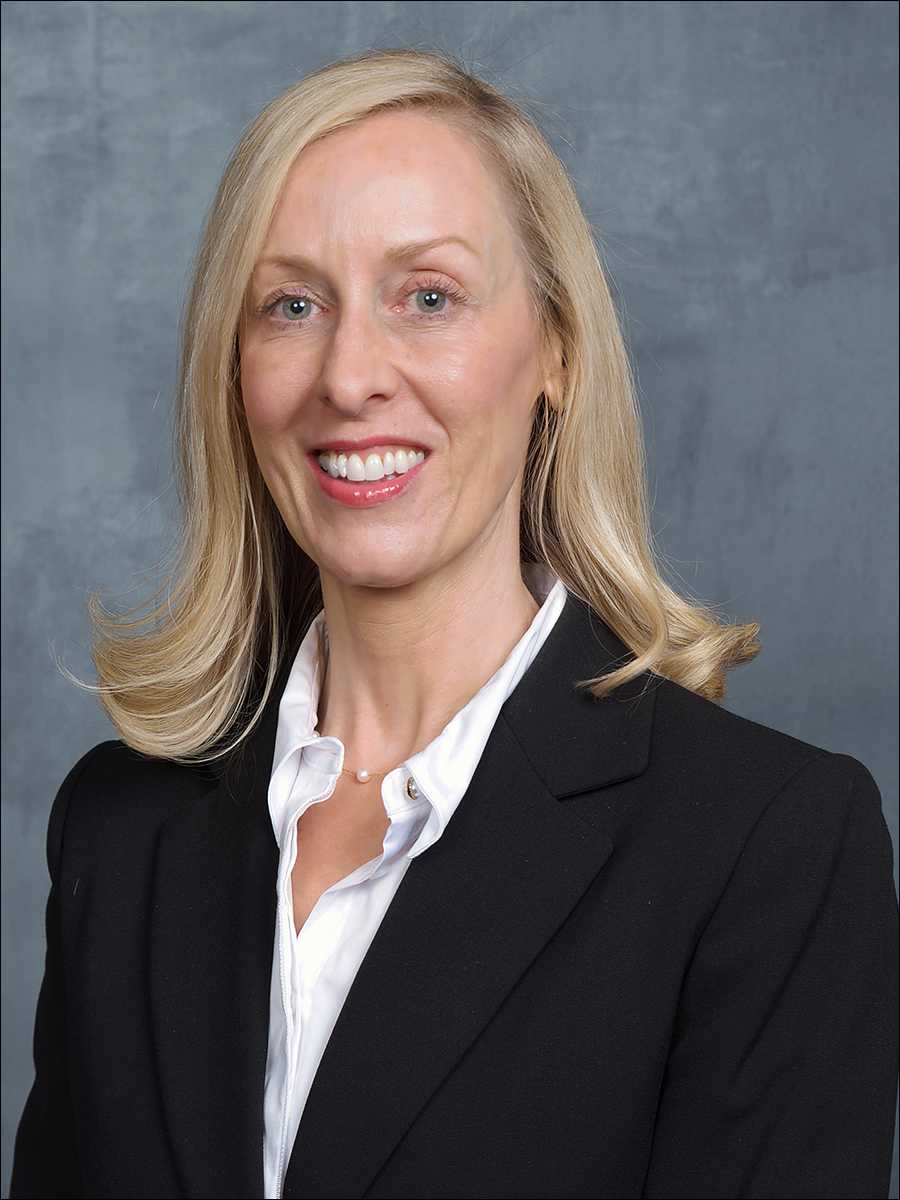
Each year, the SECU awards one full-time professor at each of its 14 universities with the SEC Faculty Achievement Award. In order to win the award, nominees must “have achieved the rank of full professor; have a record of extraordinary teaching; and have a record of research that is recognized nationally and/or internationally,” according to a report on the SECU’s website.
Shelly Rodgers, strategic communication professor, was named MU’s 2019 recipient, as announced by SEC Commissioner Greg Sankey on March 27.
Each SEC Faculty Achievement Award recipient is given a $5,000 honorarium from the SEC and considered for the annual SEC Professor of the Year Award. The Professor of the Year was announced on April 10.
The SECU deemed Rodgers “the most productive internet advertising scholar in the nation.”
“This award symbolizes what I’ve devoted my whole career in health communications to: empowering the powerless and giving a voice to the voiceless,” Rodgers said in an email. “[It is] a further demonstration of Mizzou’s commitment to excellence in research of all types.”
Rodgers’ research surrounds the idea of improving people’s lives in regards to their perception of themselves, their communities and health. A large part of her work also focuses on helping people better understand cancer.
“I have a personal connection to cancer since my mom died from colon cancer at the age of 45,” Rodgers said in an email. “I felt then, and still feel today, that if we can get the right information into the hands of people who need it most, we have a chance to prevent most forms of cancer (or catch it early enough), which increases the chance of survival.”
Rodgers said that she never expected to win an award like this.
“It was an incredible surprise [and] just being nominated was an honor,” Rodgers said in an email. “I want to acknowledge the tremendous work of my MU colleagues who were nominated for this award, as well as Dean Kurpius who nominated me; and the Provost, Provost’s Selection Committee and Chancellor [Alexander] Cartwright who made the selection.”
However, Dean of journalism David Kurpius feels that Rodgers was an obvious choice for the honor.
“We were happy to have her considered, and we’re proud of all that she’s accomplished,” Kurpius said. “[Her track record] is part of what won her this award — she’s got a body of work that is significant and impressive. We were ecstatic when she won, but not surprised.”
Kurpius described Rodgers as an incredibly genuine and focused person.
“She gives excellent direction to those she works with — they leave her office knowing exactly what they need to do, which problems they need to tackle and what they have to bring back,” Kurpius said. “With her, what you see is what you get and there are no ulterior motives, which I think helps her work with colleagues and students.”
Rodgers was also named a William Kemper Fellow for Teaching Excellence in 2018. She said that the fellowship has brought her a multitude of opportunities.
“When Chancellor Cartwright called my name, the whole world went quiet, and I felt like I was going to faint,” Rodgers said in an email. “I couldn’t get my legs to move so I could walk to the front of the room.”
Before becoming a Kemper fellow, Rodgers had to teach and mentor at MU for several decades, which she called the highlight of her career in strategic communication.
“I feel lucky because I get to teach students at all levels in the Journalism School — undergraduates, masters, online masters and doctoral,” Rodgers said in an email. “What’s really been amazing is that I’ve been able to take these same skills we teach our students in strategic communication to many other schools on campus including many of the STEM fields and the School of Public Health.”
Rodgers credits a major portion of her success to a combination of her publishing productivity and grit.
“I grew up on a farm, so it wasn’t unusual to start a school day at 4 a.m., and as a researcher, I’ve kept that ‘farm hours’ mentality,” Rodgers said in an email. “I typically started my day at 2 or 3 a.m. every morning — including weekends — the first 10 years of my career. It’s how I became a productive scholar and was still able to have [time] as a wife and mom.”
Kurpius stated that Rodgers has a unique research style.
“I think the thing that really sets her apart is the way she collaborates with others and her focus on getting to the kernel that she’s after in her research,” Kurpius said. “I think she’d be one of the first to say that you can’t do this alone — you need to have others around you that are working with you and sharing ideas.”
Rodgers feels that hard work alone is not enough and encourages students to pursue their true passions in the professional world.
“I’m now of the belief that without a clear direction or sense of purpose, even hard work and our best effort might not be enough,” Rodgers said in an email. “My advice for [students] is to dig deep and figure out what you value most.”
_Edited by Laura Evans | [email protected]_